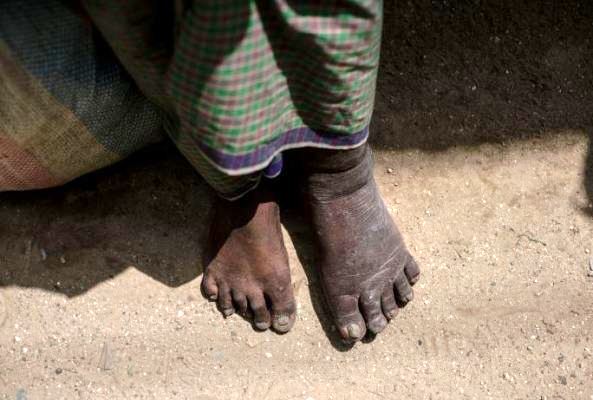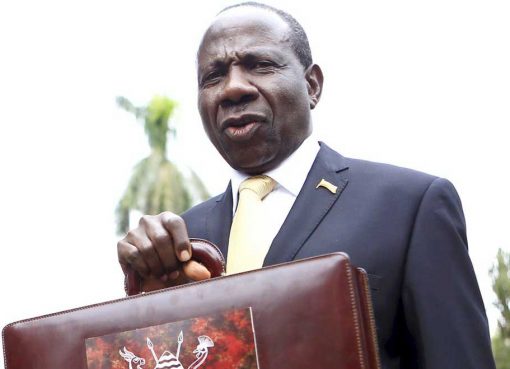“Uganda’s trade deficit is set to worsen. Exports could decline by about 65 percent in the remaining part of FY 2019/20 while imports could fall by 45 percent.”
The COVID-19 pandemic is likely to worsen Uganda’s external position, through its adverse effects on the flow of international trade, tourism, workers’ remittances, Foreign Direct Investment (FDI) and loan disbursements, Bank of Uganda’s Monetary Policy Report for April 2020 has revealed.
According to the report, Uganda currently sources about 40 percent of its import requirements from Asia, with china supplying about 15 percent of Uganda’s total imports.
“A decline in imports could imply a shortage of supply of consumer goods and inputs, which could lead to an increase in prices; closure of small businesses that largely depend on Chinese imports; a decline in government revenue, which could hurt the already low government revenue; and an increase in the financing gap given that several public projects are funded by the Chinese government,” the report reads in part.
It adds: “In the remaining part of FY 2019/20, imports could decline by about 45 percent, although there are now indications that China is now slowly starting to reopen. This will have profound implications, not only for domestic consumers and government, but also for the manufacturing sector that heavily relies on imported inputs from china.”
The report further reveals that exports are also likely to be affected as global economic growth slackens. Uganda’s main export destinations are COMESA, with about 42 percent; Middle East, with about 31 percent; and the European Union (EU), with about 12 percent. Ugandan exports could decline drastically since the virus is spreading rapidly in Europe and the Middle East, and with most countries in Europe now instituting virtual lockdowns.
In the COMESA, trade has also been restricted with the introduction of strict movement controls in most of our trading partners.
“Given these developments, exports could decline by about 65 percent in the remaining part of FY 2019/20. However, although the trade deficit may not be significantly affected since Uganda is a net importer, the short-term impact of the supply chain disruption on the respective sectors may be profound,” the report reads.
The report adds that the COVID pandemic on the travel and hotel industry, and consequently the tourism industry has been momentous.
In line with what is happening elsewhere on the globe, several airlines have already cancelled flights to Entebbe. The lower demand for travel, coupled with government travel restrictions has virtually crippled the tourism sector. “An example is the recently cancelled G77 conference, which Uganda was due to host. Given the restrictions in place in most countries, a 90 – 100 percent decline in tourism receipts in the remaining part of this financial year is not an overstatement,” the report says.
It adds: “The decline in travel and tourism inflows will have adverse implications for the domestic tourism sector, resulting in lower inflows and a worsening current account balance.”
Foreign direct investment (FDI) and workers’ remittances will also likely decline drastically, as the global economy continues to slowdown.
“BoU projects that given the current developments, FDI and workers’ remittances may decline by as much as 80 percent in the remaining part of this financial year,” it says.
It adds that loan disbursements may also decline by as much as 50 percent in the remaining part of the year for several reasons.
First, it reads, the shutdowns in development partners and the associated disruption in the supply of project inputs are likely to delay projects execution and the associated loan disbursement.
Second, it says, some of the Chinese nationals managing some of the projects had gone back to China for the new Luna year celebrations, and have been caught up by the travel restrictions.





